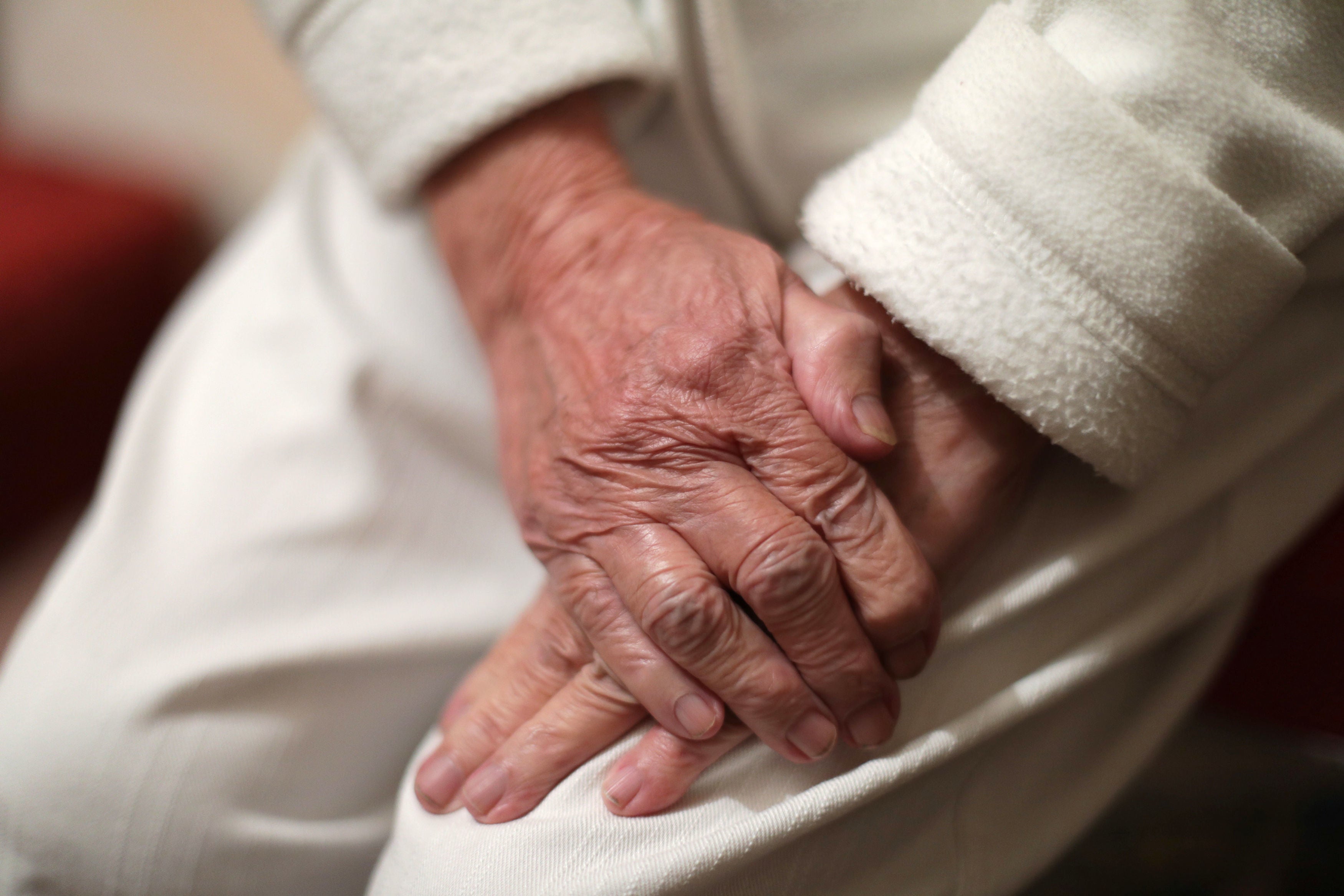We can’t tackle the climate crisis without investing in a caring economy
The time for a green and caring economy has come, one that prioritises care of each other and of the environment in which we live, writes Anna Johnston


On Tuesday, Nicola Sturgeon joined other female world leaders in calling for women and girls to have a more prominent role in addressing climate change. The declaration, backed by the Scottish government and UN Women, acknowledged that women and girls are often disproportionately impacted by climate change.
For those of us working towards an inclusive and sustainable economy, it was a welcome move – and one that Downing Street would do well to follow.
This autumn has been a busy one for the current government: the Budget, recent net zero strategy and now Cop26. Yet throughout these key moments, we’ve heard more about prosecco prices and belching cows than we have about the impact of climate policy on women.
The government anticipates additional annual investment of £50bn-60bn by 2030 in the transition to net zero. On the face of it, this may seem encouraging, but there is a noticeable failure to consider how this transition will impact women and other marginalised communities in the UK, particularly in areas such as housing, transport and jobs.
Housing affordability is one of the biggest contemporary public policy issues; current private rental costs are the highest on record with average private rents in England using up 43 per cent of women’s and 28 per cent of men’s median earnings. Housing is also a known public health issue, and prior to Covid-19, housing cost the NHS upwards of £1.4bn per year.
Those most vulnerable to the harm caused by poorly insulated and damp homes tend to be tenants who spend the most time at home, such as disabled people, older people and caregivers, the majority of whom are women, and children. And while heat pumps will help to lower household fuel bills, the strategy lacks clarity for private renters and vulnerable fuel-poor households.
Transport faces a similar problem. Last week’s Budget saw a welcome £2bn to increase walking and cycling, with £3bn to increase the use of buses. But any investment in public transport, particularly bus, walking and cycling routes, must do more to meet diverse transport needs, prioritising safety, accessibility and affordability.
Women are more likely to make multiple short journeys throughout the day for things like the school run, groceries or caring for elderly relatives. Currently, government investment prioritises longer transport routes from suburban to urban centres – journeys mostly taken by men.
It is also likely that any additional costs involved in decarbonising public transport will be passed onto passengers, further impacting the most disadvantaged, limiting their access to vital services and, critically, curtailing their employment opportunities.
Of course, these employment opportunities will also change as we decarbonise the economy, and while jobs in green tech are crucial, they only tell part of the story. The other part is care. The time for a green and caring economy has come, an economy that prioritises care of one another and of the environment in which we live. We can do this in how we insulate the homes of the most vulnerable, how we enable people to move around and partake in society – and in how we design our labour market.
To keep up to speed with all the latest opinions and comment sign up to our free weekly Voices Dispatches newsletter by clicking here
As the Covid-19 pandemic has exposed, there is a crisis of care in the UK, from adult social care and childcare, to unpaid care, all of which are being shouldered disproportionately by women. It has also shown how vital care is to the wellbeing of a community, society and an economy. The move towards decarbonisation is an opportunity to address these care crises whilst also providing rewarding and well-paid care jobs.
Modelling carried out by the Women’s Budget Group found that investment in a universal care system in which care work is valued as a well-paid career would create 2.7 times as many jobs as the equivalent investment in construction. That’s 6.3 times as many jobs for women and 10 per cent more for men. The fact that this seems a radical ask of the government highlights how little paid care work is considered in the net zero strategy.
The government’s strategy is promising in addressing the scale of the change needed, yet contradictory Budget announcements like the fuel duty freeze and opaque pledges to “level up” confuse and hamper the drive towards a decarbonised economy.
The Cop26 climate talks provide an urgently needed opportunity for system change. But this can only be achieved if social justice and climate justice are undertaken together, and we move towards a green caring economy, for people and the planet.
Anna Johnston is the research and policy officer at the Women’s Budget Group, an independent network of leading academic researchers, policy experts and campaigners
Join our commenting forum
Join thought-provoking conversations, follow other Independent readers and see their replies
Comments
Bookmark popover
Removed from bookmarks